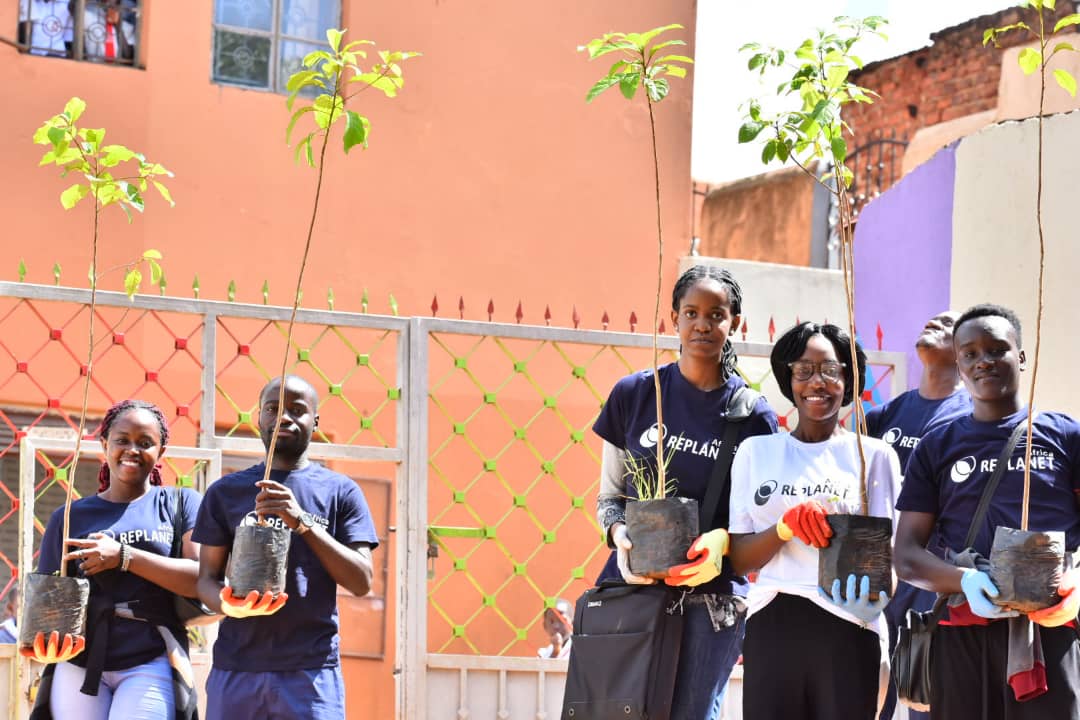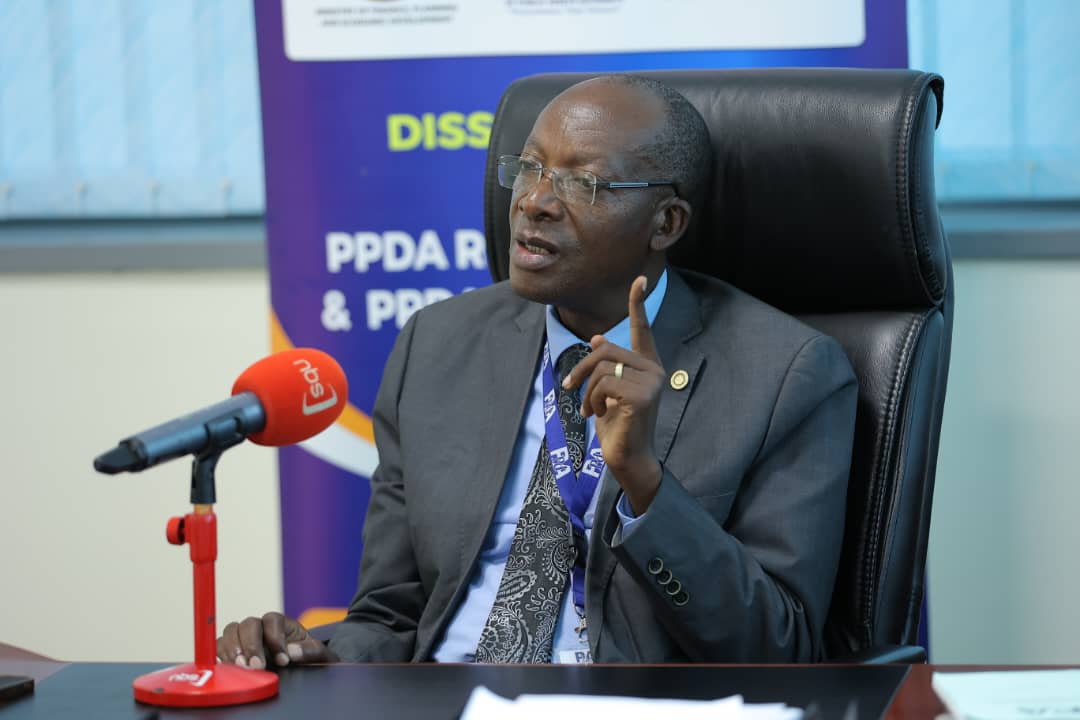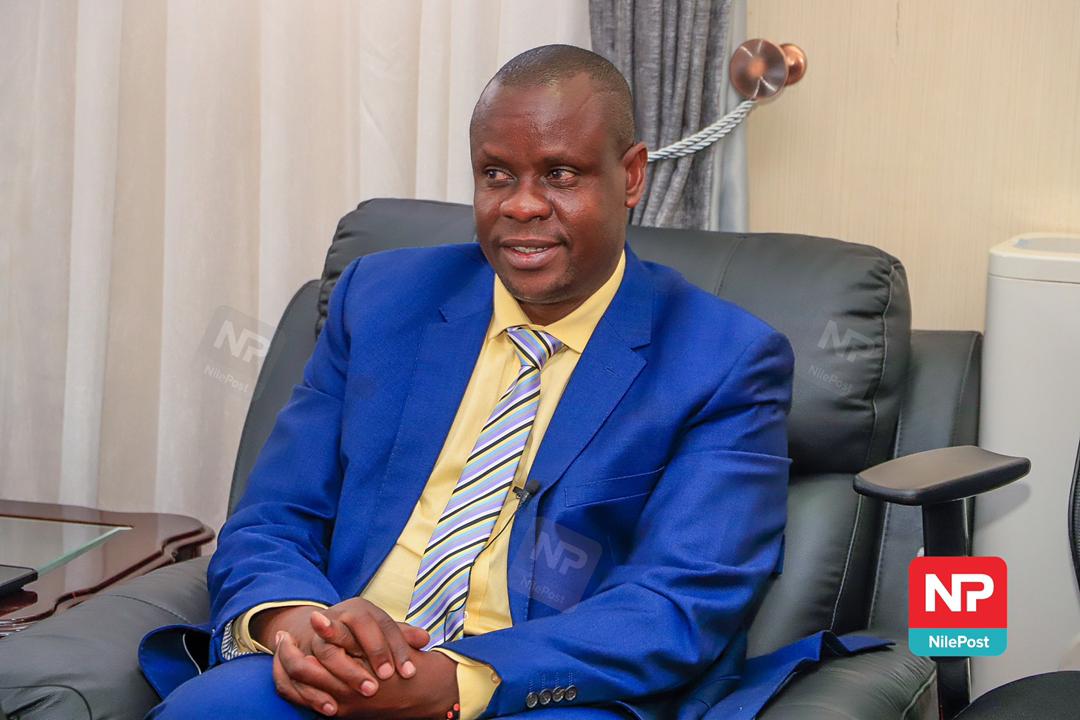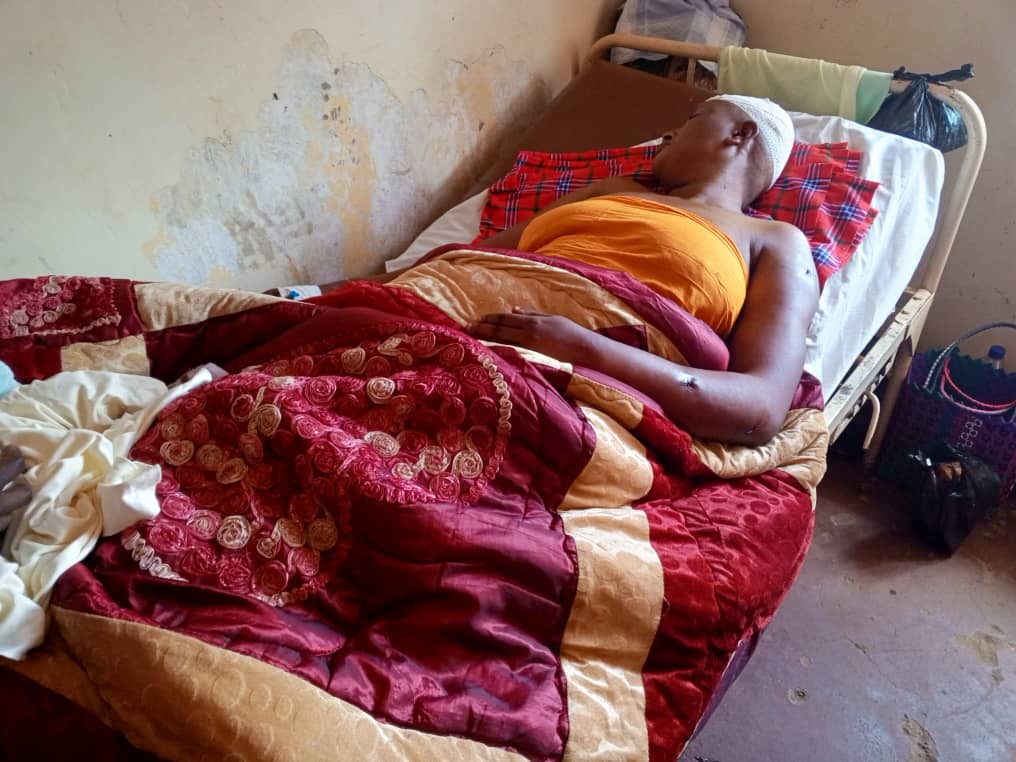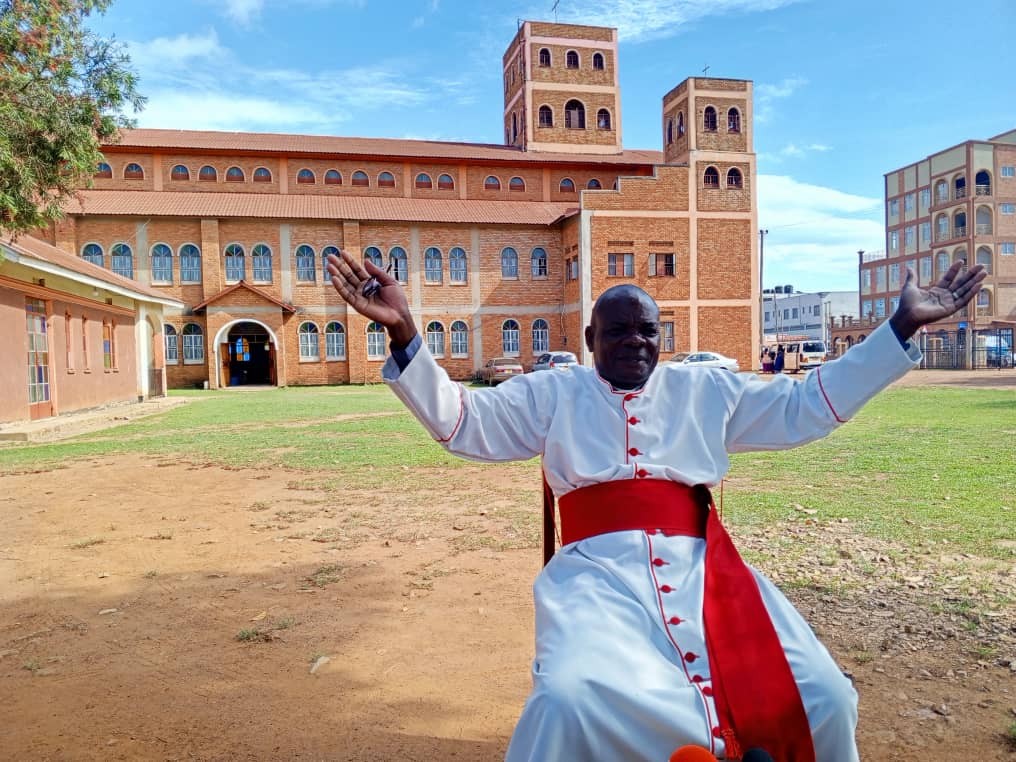78% of Ugandans no longer fear Corona
At least 78% of Ugandans fear the Covid-19 pandemic less this month than they did in March this year, a new survey has revealed.
Uganda registered her first case of Covid-19 on March 21, 2020, sending almost the whole country into panic and fright. The development was accompanied by a lockdown, series of Presidential addresses, and a significant increase in media coverage about the pandemic.
Keep Reading
In a public opinion survey done by Whitehead Communications, a communication strategy and research firm, between the 6th and 15th of July 2020 to deliver data on both public opinion and self-reported behavior concerning key issues related to the impact of Covid-19 in Uganda, 78% of the respondents said that they don't fear Covid-19 as much now, as they did back in March.
The respondents were asked how much they fear the Covid-19 disease now compared to how they felt in March of 2020 with options to state that they fear the disease more than then, less than in March or to specify any other personal opinion.
After data cleaning, only 13% responded that they fear Covid-19 more in July than they did in March, according to their recollection.
9% of the respondents selected "other" and provided open-ended answers to this question, which included; indifferent, don't care, don't know, consistent or never feared it; fearing poverty or security enforcers more than Covid-19; believing Covid-19 is a hoax, doesn't exist or just a money-making opportunity for leaders.
In a follow-up question, the respondents were also asked how serious they are about following Covid-19 guidelines like physical distancing, mask-wearing and hand washing.
The findings, according to the survey, revealed that Ugandans are not on the same page about how seriously to apply public health directives like physical distancing, mask-wearing, and hand washing.
There was no majority opinion, but 35% report being "very serious" and 27% report being "somewhat serious", which may suggest that a majority 62% are taking directives seriously. This might, however, include an element of response bias given that this is a self-reporting survey on behaviors that have been declared mandatory by the government.
23% report that they are "somewhat relaxed" and 14% report being "very relaxed" about their approach to these public health measures.
Those who selected others provided open-ended responses, including; believing Covid-19 is a hoax, don't care, and only wearing a mask when in the presence of security personnel.
Other key findings
Media Consumption
• The majority of respondents (72%) were exposed to news about Covid-19 at least once every day.
• Television was the most common type of media that respondents were exposed to at least once a week (68%).
Public Opinion on the Government Response to Covid-19
• The majority of those surveyed (80%) did not receive the posho and beans that were distributed by the Government of Uganda as food aid during the lockdown.
• The vast majority of respondents (92%) said that they watched at least one of President Museveni’s addresses on Covid-19.
• 75% of respondents approved or strongly approved of the Government’s decision to lock down the country in March.
• Public opinion on the continuing curfew is mixed, as 41% approve or strongly approve, 50% disapprove or strongly disapprove, and 9% are not sure.
• 63% of respondents disapprove or strongly disapprove of the way that the National Social Security Fund (NSSF) handled the Covid-19 crisis.
Economic Impact of Covid-19 in Uganda
• Only 21% of respondents reported that their employment situation has not been affected by Covid-19.
• 19% lost their job, with job loss reporting slightly higher among women and people living upcountry.
• 31% had their work hours reduced and 26% had pay reduced.
• 23% of respondents are worried that they may lose their job or business.
• 25% have been working from home.
• Only 18% have managed fine with no financial difficulties.
• 26% have failed to pay back outstanding loans and 22% have taken on more debt.
• 12% of respondents have sold assets.
• 60% of respondents have spent from savings.
• 51% have reduced their spending.
• 23% have missed meals.
Changes in Transportation Habits
• Use of Boda Bodas decreased by 85% between March and July of 2020.
• Use of taxis (matatus) also dropped by 47%.
• Use of private cars was the same in March as July at 34% of respondents.
• Respondents reported a 187% increase in walking and a 175% increase in riding bicycles.
Public Opinion on Electoral Politics
• 64% of respondents disapprove or strongly disapprove of a “scientific election”.
• 52% of respondents believe that the next election should be postponed.
Sample space and methodology
Whitehead Communications interviewed 1,353 respondents from the main geographical parts of the country.
Of these, 66% (777) were from Kampala, 7% (78) were from the Central parts of Uganda other than Kampala, Wakiso or Mukono, 10% (121) were from Eastern Uganda, 7% (84) were from Northern Uganda, 11% (126) were from Western Uganda while those from outside Uganda were removed after data cleaning.
64% (752) were males, 36% (427)were females while 0.5% (6) chose others or preferred not to say.
Whitehead Communications used a mixed methodology in collecting results from both online and through phone calls. Data was later cleansed to improve the research.
Whitehead Communications as a firm has mastered the art of providing value-based public relations services with integrity, honesty, and professionalism. They work with various organizations and creative teams in Canada, Uganda, and across the globe to build collaborations between people.







